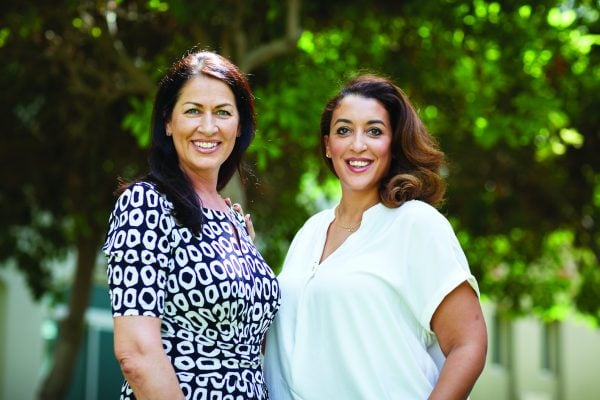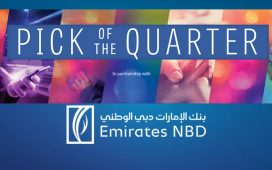By Loretta Ahmed, founder and CEO, Houbara Communications, and Dahlia Haleem, partner
at Elementsix
Over the last decade, ESG (environmental, social and governance) criteria have become a key focus for business and the marcomms industry. And rightly so. In a 2021 ESG Consumer Intelligence Series survey by PWC, 76 per cent of consumers said they will stop buying from companies that treat the environment, employees or the community in which they operate poorly. And 88 per cent of consumers will be more loyal to a company that supports social or environmental issues.
Knowing that ESG has become so important to stakeholders, especially the ‘E’, it’s become critical to consider what you, as a marketing or PR professional, are doing to elevate, share and market your company’s sustainability story. ESG is a major responsibility but, equally, a significant opportunity as reputable organisations set out to build strong and honest strategies, based on genuine care for the bottom line and the planet and rooted in communicating not just commitments but also real, measurable impact.
Globally, 2021 saw a record increase in the number of commitments by companies to reduce their greenhouse gas emissions to zero via a combination of emission reductions and carbon offsets. This was soon met with skepticism as too many carbon reduction commitments were relying too heavily on offsetting emissions, rather than reducing them.
Sustainability marketing and communications has come of age and is more than just a post about a tree-planting initiative to show your business is doing something. A sniff of greenwash can undermine every action and commitment made, harming the business reputation as audiences spot inauthenticity and inconsistencies
that lead them to question any efforts being made.
Measure to improve
Companies that have done well at building a leadership voice in ESG are the ones that go beyond simply box-ticking. They exceed expectations. They audit the business’s commitment to ESG at every level and keep data and measurement at the centre of their reporting.
Just as measurement is fundamental to the success of any marketing campaign, measuring a company’s carbon footprint is an essential first step in realising its impact on the environment and how to mitigate it. Knowing the starting point also sets a baseline for where a business is at the beginning of its sustainability journey – and a detailed plan for improvements to reduce emissions and costs should follow. This level of scientifically backed data and proof of progress will go on to become critical components of any communications strategy.
Companies also need to assess if actions are ‘just enough’ to comply with regulation (where relevant) or if there is an opportunity to exceed those requirements and align with a long-term trend for far greater reputational return. They need to consider the issues most material to their business and where there is a genuine opportunity to lead and make a difference.
Communicate with purpose
A clearly defined ESG strategy backed by a comprehensive carbon footprint report is key to develop an open and honest marketing and PR plan. With this we can chalk out a longer-term view and commitment to ESG to support engagement with sustainability stakeholders and wider audiences. It is equally important to be honest about the challenges and bumps along the sustainability journey, as this helps to build trust.
Collaboration is essential
No matter how talented a leading sportsman or an actor is, they need their support from multiple sources, all working together, to deliver their best performance. It’s no different for brands – multiple agencies work at their best with clients that create the culture of one team working together. With every marketing team now being tasked to deliver environmental, social and governance (ESG) commitments as part of marcomms programmes, teamwork matters more than ever.
Businesses cannot afford to work in silos or in a disconnected way. When it comes to ESG, it’s time for organisations and their agencies to step up and work as a team to foster a culture focused on telling authentic stories, rooted in hard evidence, to build a strong, trusted and thriving business. Communications professionals should fully understand and challenge ESG programmes, working shoulder-to-shoulder with experts in ESG, facilitating effective action and dialogue without any risk of greenwashing.
The benefits of this knowledge-sharing led to Houbara’s strategic partnership with Elementsix, a Dubai-based carbon management and climate change solutions consultancy, to support clients in taking a holistic view of all their actions and processes through the lens of sustainability leading to communications programmes rooted in evidence and impact.










